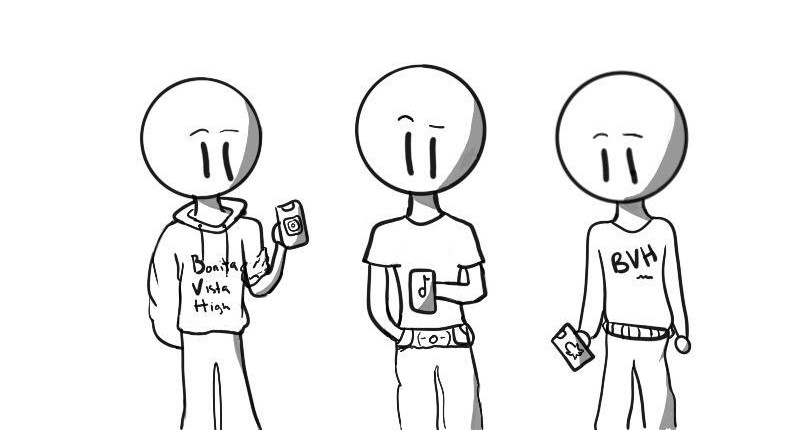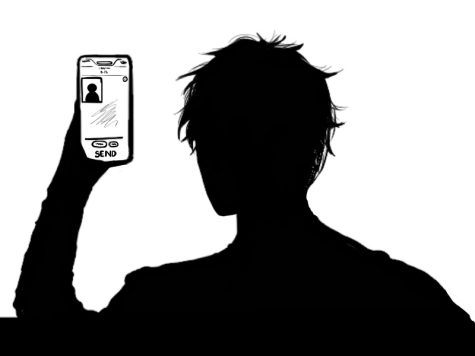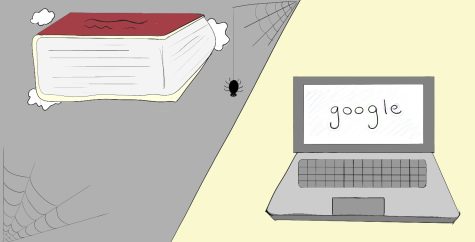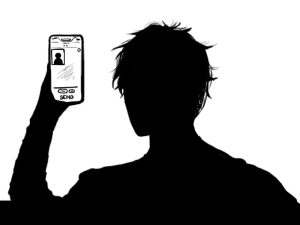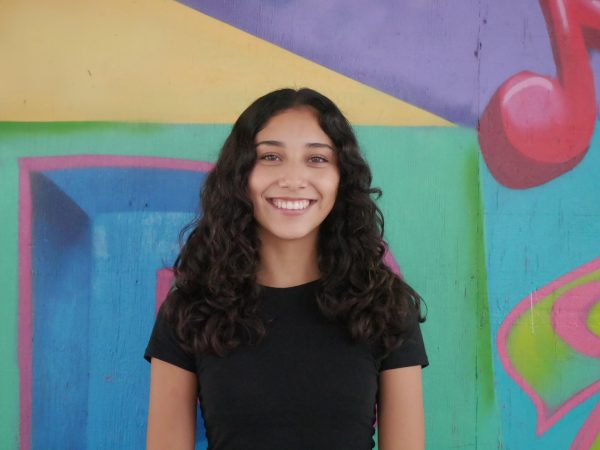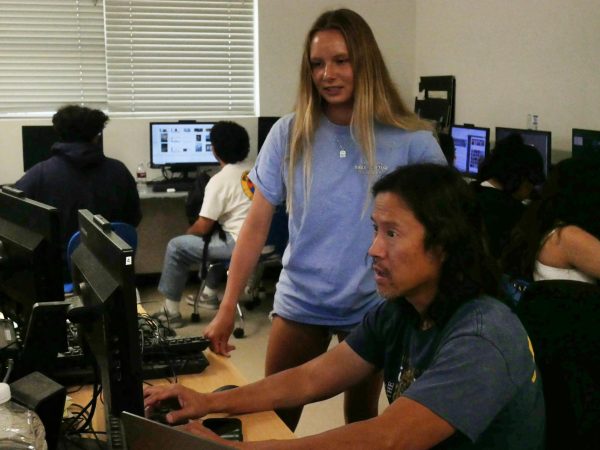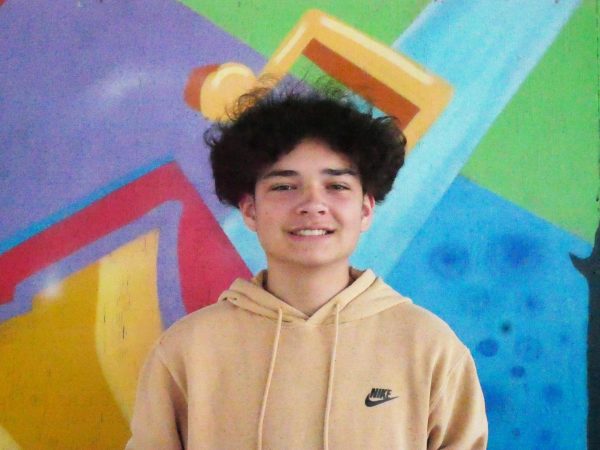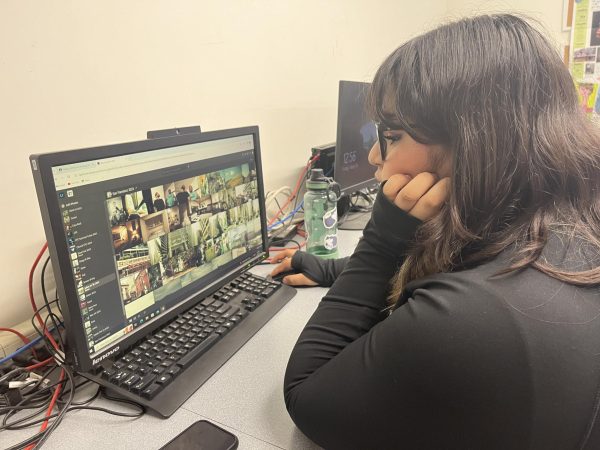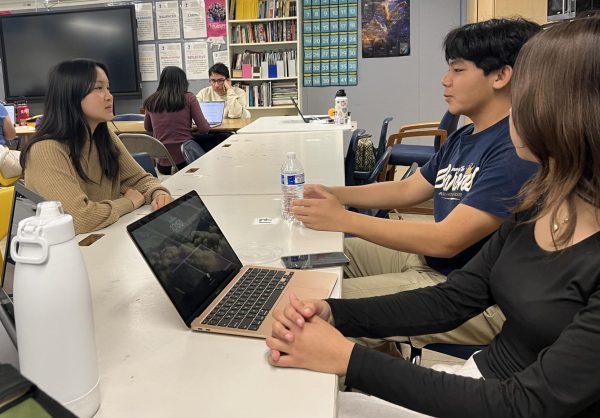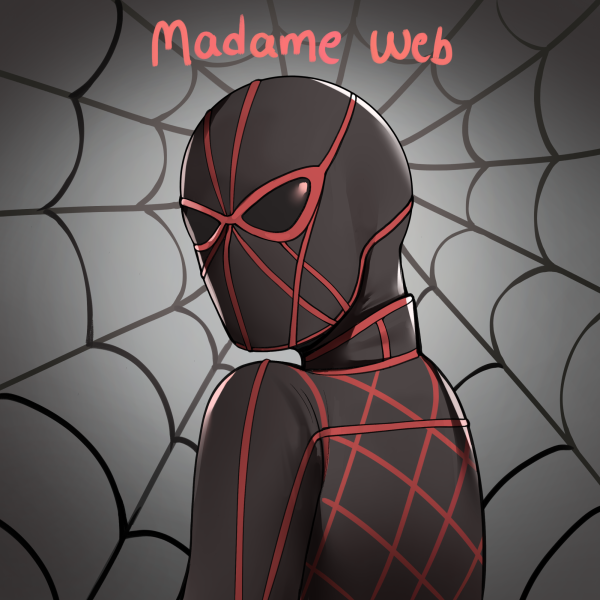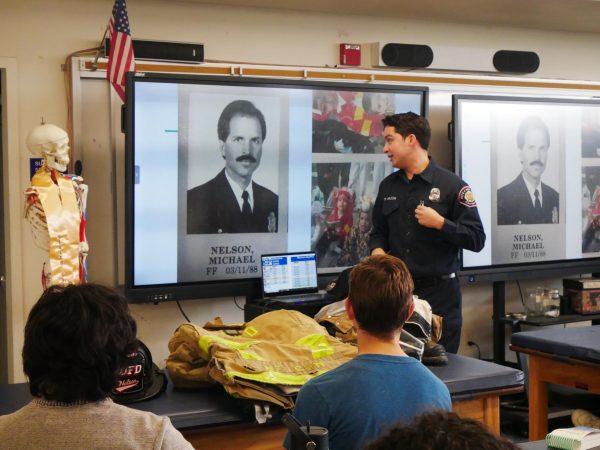The connection and crash on campus
How Social media affects students both positively and negatively
In most high school settings, the majority of students are likely to be seen active on social media. Social media has both practical and leisurely uses, with content ranging from adorable cat videos to announcements of breaking news. Social media is intended to be a place to gather knowledge as well as a source of stress relief, however, many find that it can also be stress inducing.
Senior Isaac Romero believes that social media does not always have the positive purpose that it advocates for. Instead, he noticed that it often affects students in negative ways.
“I use social media platforms like Instagram to text friends and TikTok to watch videos. I think for some people, social media can relieve a lot of stress. However, it does the opposite of that more often,” Romero said.
Although TikTok and Instagram are the most common apps majorly used by students, there are other forms of social media platforms that expand amongst students. Ultimately, each app differs in purpose for some people. Senior Daniella Loya uses multiple social media apps for a numerous amount of reasons, the most common of which is communication.
“I use Twitter to keep up with my sister and news. I also use Instagram because that’s how I can communicate with most of my friends and it’s a platform that I see almost everyone uses. I also use TikTok as a way to either pass time for the most part or use it to find food recipes to share with my older sister,” Loya said.
Social media provides numerous services to users. It can share positive experiences with anyone and has the capacity to give knowledge and information in a matter of seconds. Though social media may be a way for people to communicate and relieve stress, senior Aleena Busk explains how social media can also become an obsession.
“Over time, when investing hours and hours into mindless scrolling, that happiness faded and I felt myself getting trapped in an endless cycle of feeling nothing and not having the motivation to do anything else,” Busk said.
Social media can be used in an endless amount of ways, however, with people’s need to keep up an image on social media, it can cause a lot of stress. Social media often creates unrealistic standards that people feel the need to meet. This is important to note, considering many users long to become a social media influencer. To be an influencer, one has to fit societal standards while also being a trendsetter. This is a sentiment that Busk feels is not discussed enough.
“Although social media is an opportunity to talk more to friends and have a casual pass time, I feel there is a pressure to document every part of your life and present yourself as a certain person . This can be stressful especially if it’s constant,” Busk said.
People’s social media grip can sometimes be inexplicable and addictive. It is a subtle addiction that most social media users do not notice. Though students might shrug the issue off by mentioning that social media is not detrimental to their leisure time, Romero understands what he is getting into when he uses his social media platforms.
“I use social media apps every day even though I would like to use them less often,” Romero said. “I think social media can be pretty cool, but I honestly feel like it is really addictive to an unhealthy point.”
Social media is often what students go to when it comes to passing time, because it is easily accessible. All one has to do is slip out their phone and locate the app for entertainment. Social media is one of the better ways to pass time as there are a multitude of posts. A benefit to social media is how personalized it can be, so that everyone can find something that works for them.
“I use it pretty often. It’s my go-to a lot of the time when I’m bored, want to procrastinate or have nothing to do,” Loya said. “I believe that social media has been beneficial. It’s a good way to learn new things, build new friendships, and share your own ideas, etc.”
Feelings about social media on campus are mixed. Some students love social media, however on the other side of the spectrum, some students dislike it. Some just want change in how social media works in general. Ultimately, Busk explains this further with how he outlooks social media as a whole.
“If I had to change one thing about social media, I’d make it more organized into the things you’re actually looking for, and I’d make it a conscious choice every time you click on a new video, rather than endlessly scrolling down to find something else,” Busk said.
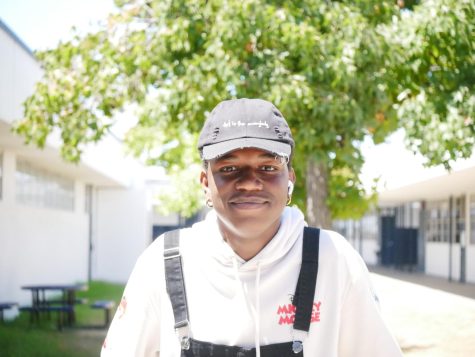
I am a senior at Bonita Vista High (BVH) and this is my third year on staff. In previous years, I was working as a staff writer. This year, I am one...
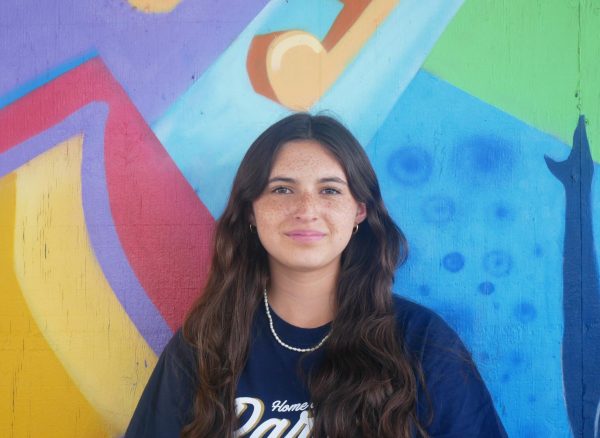
I am a junior at Bonita Vista High and this is my third year as a staff member on the Crusader. I am currently the Opinion Editor and was previously...

